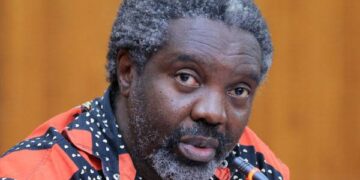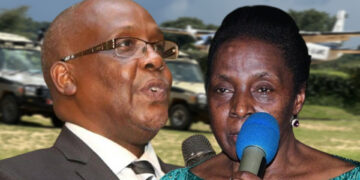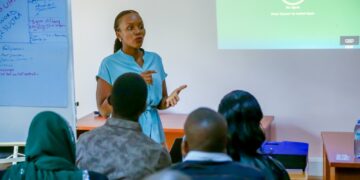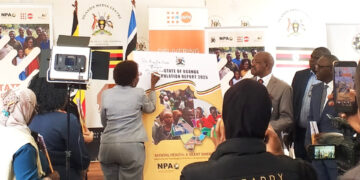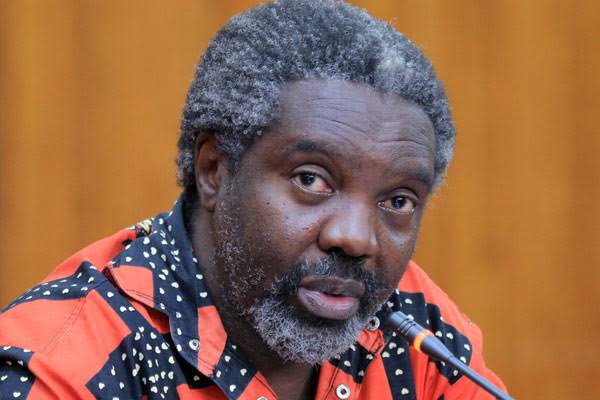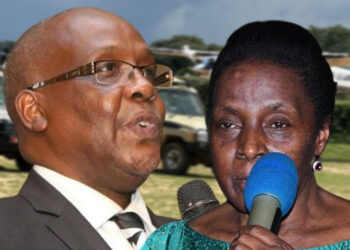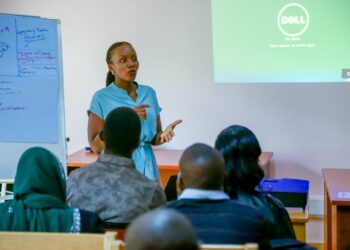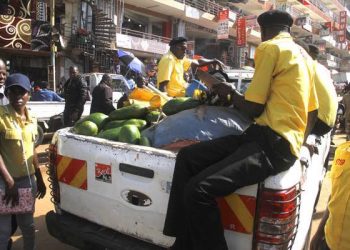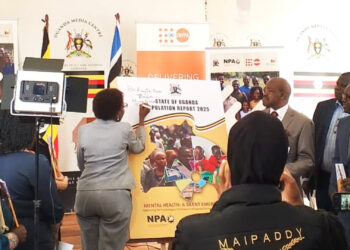KAMPALA
Uganda People’s Congress (UPC) President Hon. Jimmy Akena has launched a scathing critique of President Museveni’s economic record, accusing him of misrepresenting the country’s economic progress over the past 38 years under the National Resistance Movement (NRM).
Addressing journalists at the UPC headquarters at Uganda House in Kampala, Akena said the economic statistics presented by the President during the State of the Nation Address on June 5 at Kololo Independence Grounds were “false and misleading.”
“The President claimed that the economy has grown by 15 times since 1986 and that tax collection has increased by 25%. I am here to put it on record that those statistics are not true,” Akena said.
He cited what he described as inconsistencies in the exchange rate narrative, stating that the shilling has depreciated drastically under NRM rule.
“In 1986, they fixed the rate at 1,400 shillings to the dollar. After removing two zeros in 1997, it became 14. Today, the rate is around 3,600 to 3,700 shillings. If the shilling has lost value by over 26,000 in real terms, can you still claim economic growth of 15 times?” he posed.
Akena also challenged the NRM’s legacy, arguing that key economic recovery plans that guided early post-war stabilization such as the Rehabilitation and Development Plan were originally designed by UPC under its Revised Recovery Programme.
“If it were not for UPC’s foundational programs, NRM would have found a collapsed economy,” he said.
He accused the ruling party of misrepresenting history and pledged to make economic truth and historical clarity central themes of his 2026 campaign.
“UPC has been vilified for 38 years, accused of being dictatorial, but it is the time for the truth,” Akena, who has declared his interest in the 2026 presidential race said. “We will see what comes out of this time has come to set the record straight. Uganda’s economy owes its structure to UPC—not NRM.”
The son to the country’s former President, Dr. Apollo Milton Obote (RIP) vowed to “dismantle” and expose what he called “quasi-economic theories” propagated by the NRM, stating that the 2026 elections would be an opportunity for Ugandans to assess who truly built the country’s economic foundation.
